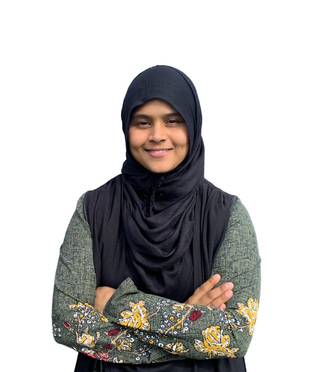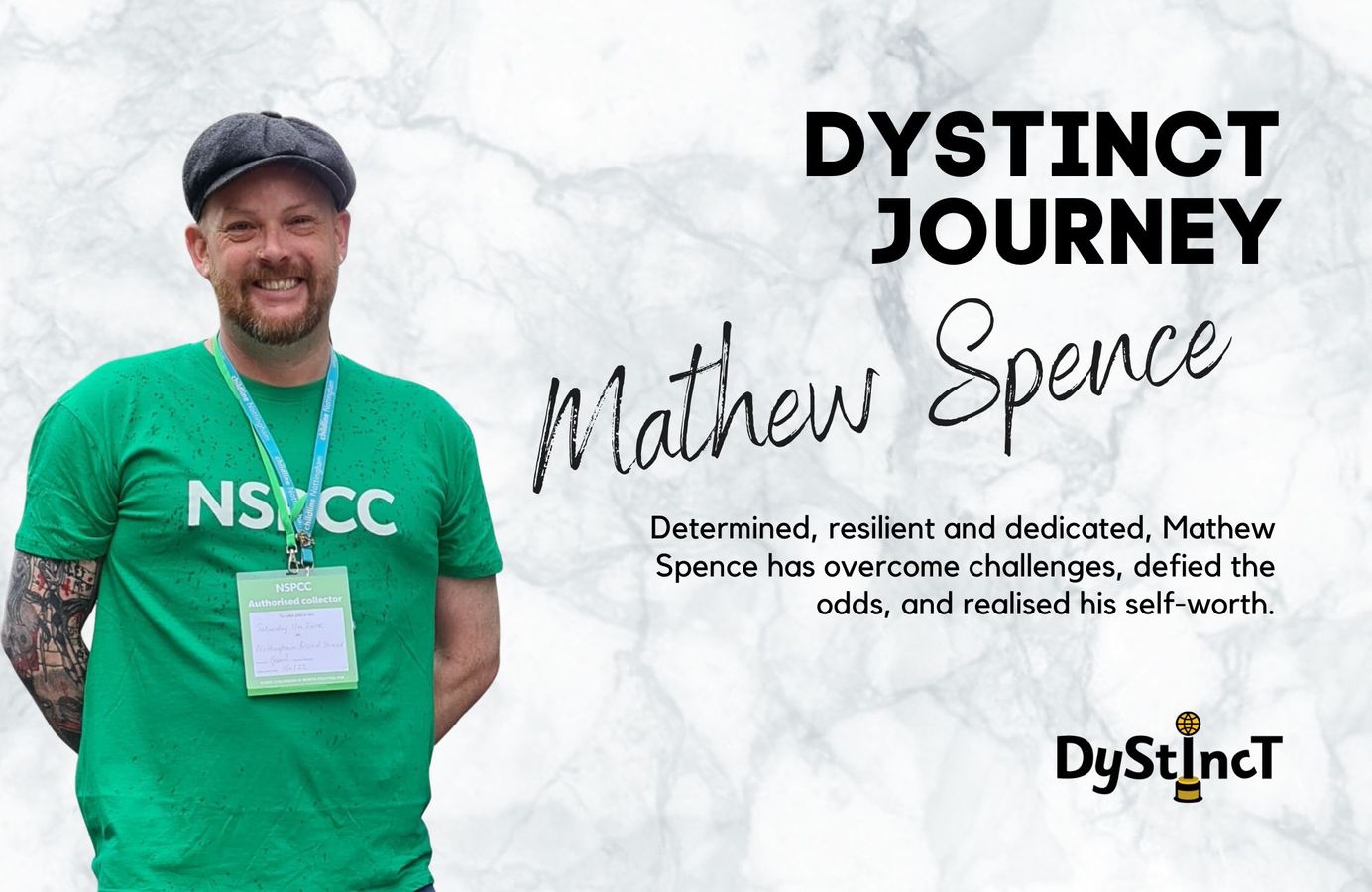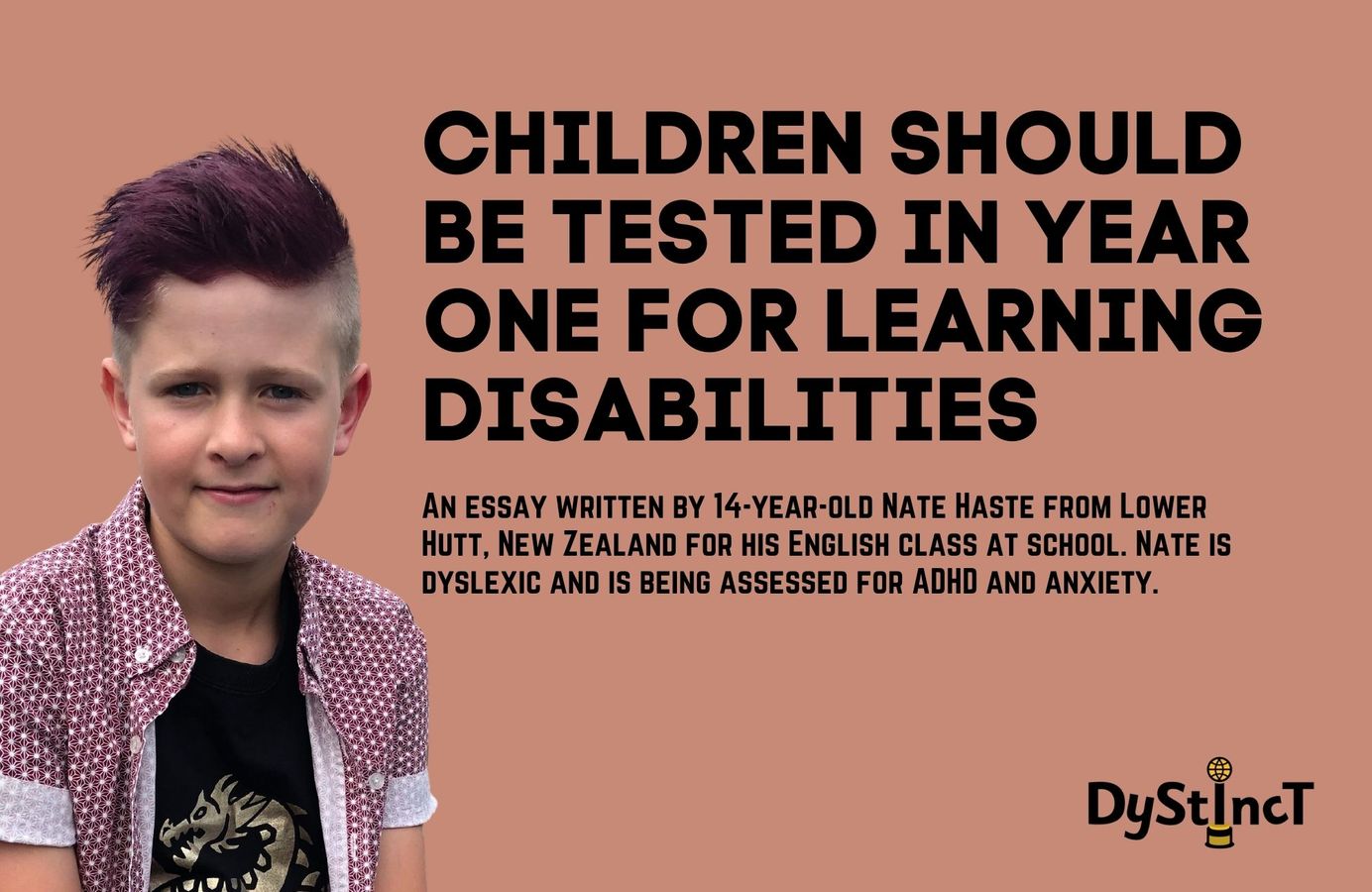
Issue 14: Children Should Be Tested in Year One for Learning Disabilities (an essay by Nate Haste | 14 Year Old | Dyslexia)
An essay written by 14-year-old Nate Haste to emphasise the importance of testing children for learning disabilities in year one to provide them with appropriate support and strategies early on to prevent long-term negative effects.
This is an essay written by 14-year-old Nate Haste from Lower Hutt, New Zealand for his English class at school. Nate is dyslexic and is being assessed for ADHD and anxiety.
Imagine in year 9 you're terrible at reading and spelling, but you love to write stories, so when you show someone one of your stories, and they have no idea what you have written because you have spelt because as "becos", fight as "fite", and said as "sed" etc. There are a lot of learning differences, such as dyslexia, ADHD, dysgraphia, dyscalculia, and dyspraxia. A child can have one or more of these learning differences. Children should be tested for learning differences so they can have the help they need to be successful.
A lot of people say that children, mostly boys, that struggle to read and spell or do math will come right and are just taking a bit longer to learn. The Ministry of Education has only recently recognised dyslexia and other learning differences as existing. When people go to university to learn to be teachers, most don't learn about teaching children with learning differences. Because a lot of teachers don't know, they tell parents that their child will be fine and catch up in their learning. Children with learning differences will not come right if no one knows they have a learning difference.
Not getting help with their learning disabilities affects children and even adults who never got the help they needed. The effects of not getting help include children feeling like they are dumb and having low self-esteem. Older students might not get The National Certificate in Educational Achievement (NCEA), and it can affect what jobs they might get. About 10% of people have a learning difference, like dyslexia, but they make up about 90% of our prison population. It is really important that children with learning differences are identified early and get the help they need.
When children get the help they need, they learn strategies to help them work around their learning differences, like learning strategies to spell, read, or cope in different situations. It takes four times as many resources to help a child with a learning disability to read when they are in year 4 than if they got help in year 1. When I was in year 4, I was diagnosed with dyslexia. For a while, I thought I was dumb, but when I started to get help for my dyslexia, I started to feel a lot better about who I am and what it means to be dyslexic. So that is why I think that if a child gets the help they need, they will not only do better at school but feel better at school.
There should be a standard test in year 1 to see if a child has a learning disability so they can get the help they need. If a child does not get the help they need, they will not "come right"; in fact, they will think they are dumb. So that is why children should be tested for learning disabilities so they can get the help they need to be successful.
If a child gets the help they need, they will not only do better at school but feel better at school.
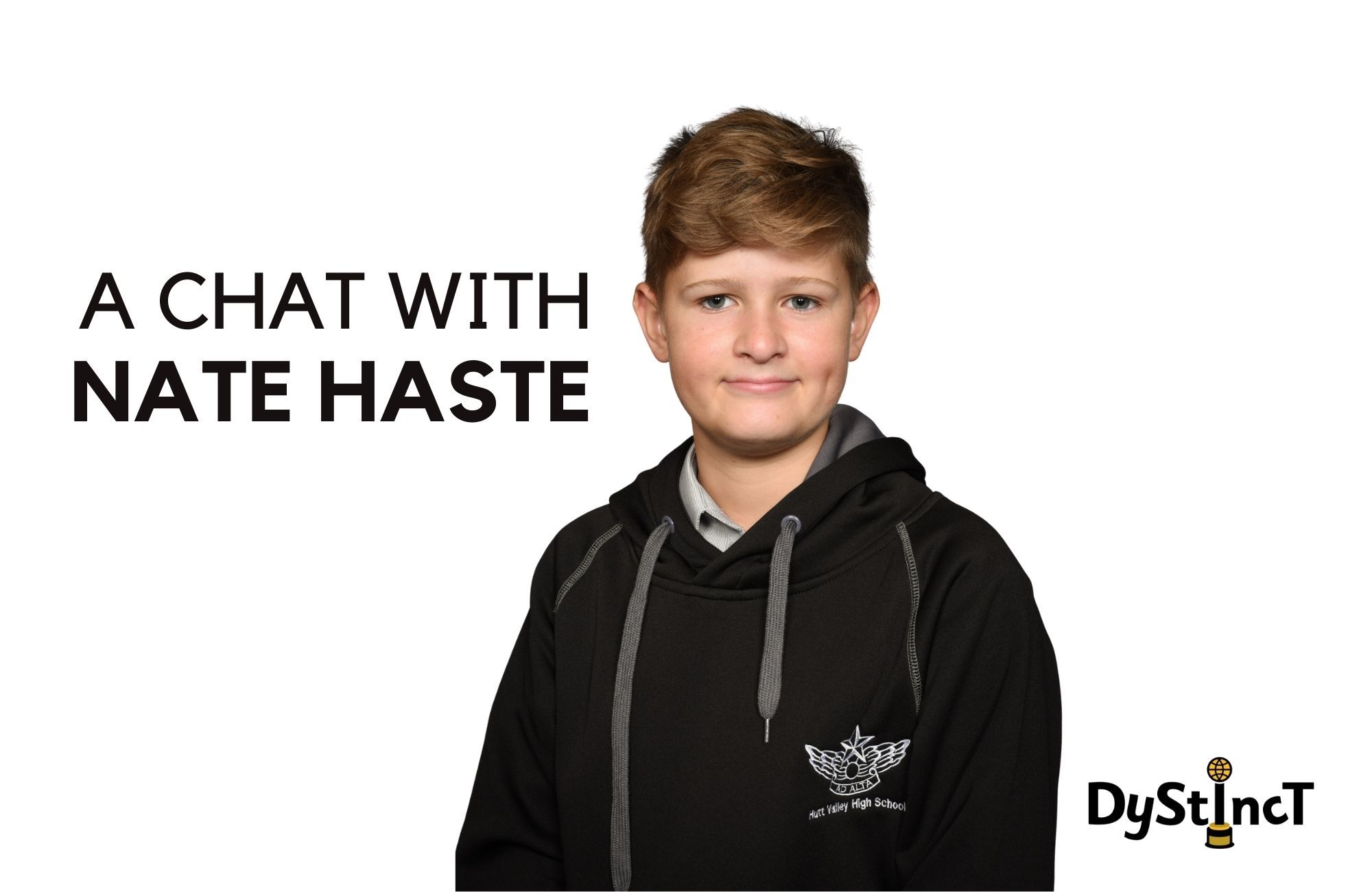
A CHAT WITH NATE HASTE
How did your teacher and classmates respond to your essay?
My English teacher said she really liked my essay. I also shared it with my teachers from Y5, Y6 and Y8. They were really proud of me and agreed with what I said about teachers needing to know about dyslexia and other SLDs. My friends in my class know I have dyslexia, and they help me.
Tell us more about yourself.
I have a 7-year-old cat called Kai. I am a Scout and will go to Venturers soon. I also do free running, which is a combination of parkour and gymnastics. I love online gaming, Dungeons and Dragons, Minecraft, and Lego. I like anime and manga. I create and draw my own characters and give them backstories. I started doing drama at school, which I really enjoy.
What are some of your strengths?
My mum and dad say I am kind, empathetic and creative. I have a great imagination and create my own stories.
What are some of your struggles?
Now that I am in high school, I find coping with lots of relationships difficult - not every teacher understands me or knows about my dyslexia and how it affects me. I need to be more organised, read more, and write more. My brain gets tired.
Did you ever face bullying or discrimination at school?
I haven't experienced bullying at school. I am worried about doing exams soon.
How do you advocate for yourself at school?
When I was in primary and intermediate school, I asked my friends and teacher for help. It is harder at high school because I have so many teachers. I have a literacy teacher to ask for help. I tell my friends to slow down or help me to read things. I used to feel dumb, but my mum and dad and my tutor told me when I got diagnosed with dyslexia that my brain works differently and that I am not dumb. They help me ask for help and help when things get tough.
Who is your champion?
Brenda Larkin is my champion. She has been my tutor since I was 8. Along with my parents, she helps me and works with my teachers, so they understand what works for me.
What career path are you planning on taking in the future?
I am interested in doing something creative, maybe 3D design or illustration. I want to be creative and use my imagination.
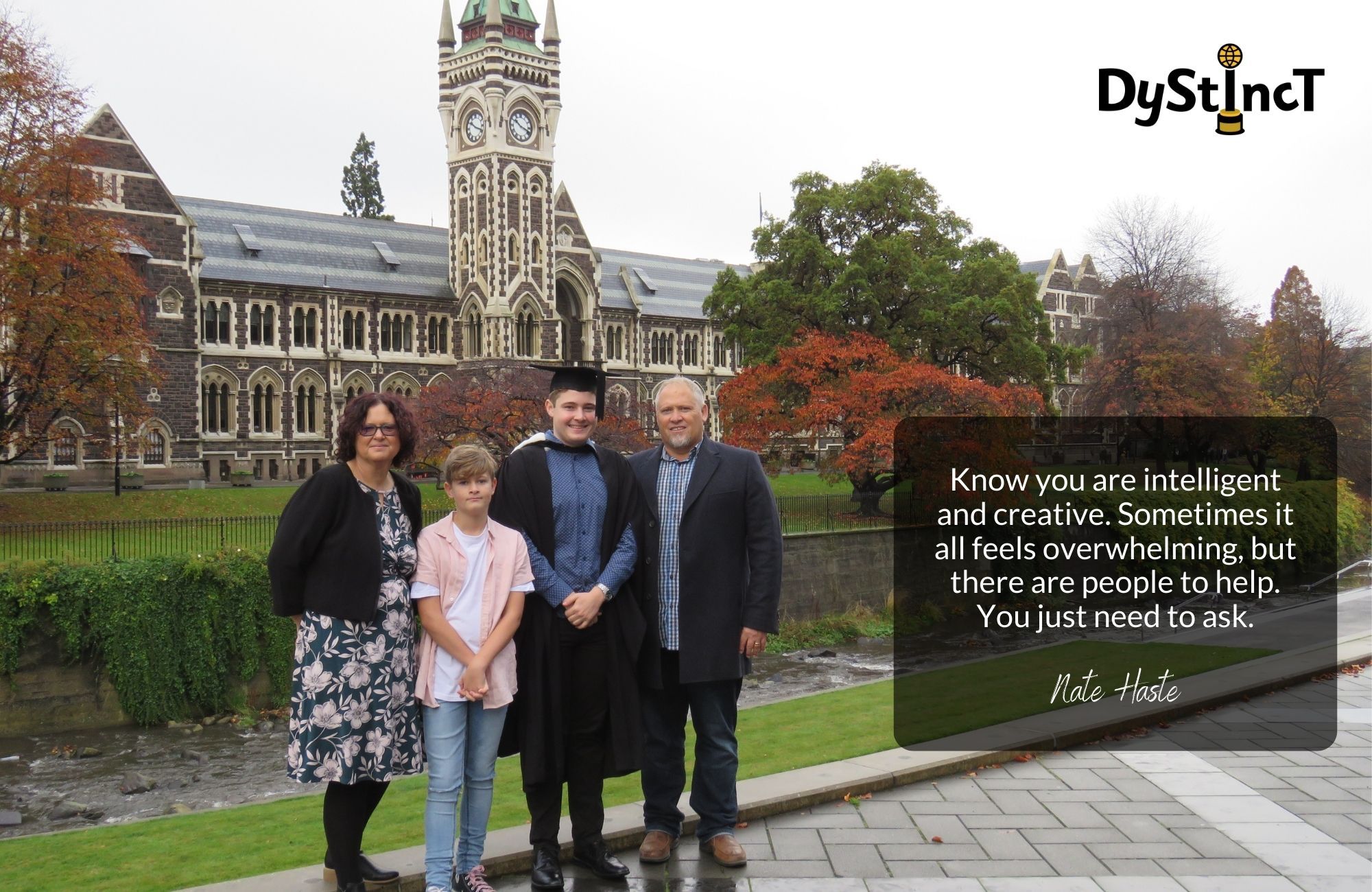
Extracts from Dystinct Magazine







